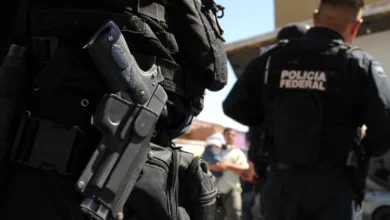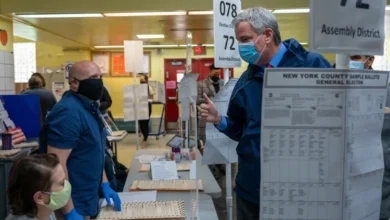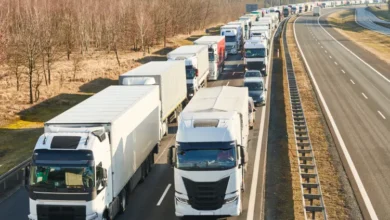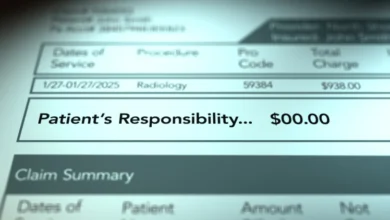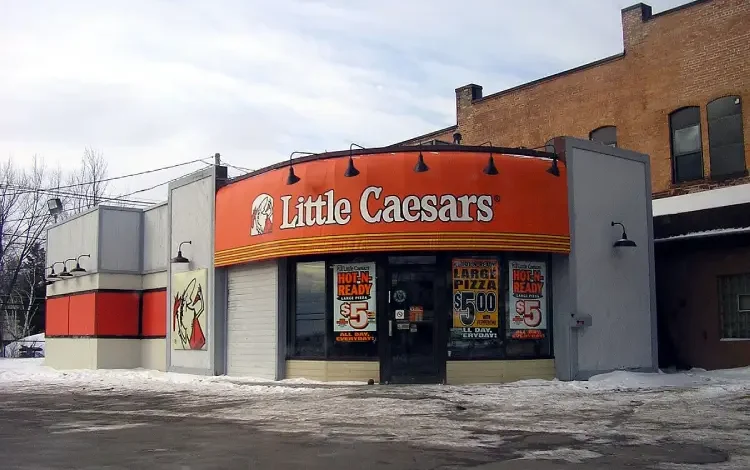
Man With Tire Iron Enters Little Caesars Pizzeria
Authorities in Camden County have arrested a 31-year-old man from Gibbstown, Gloucester County, following an armed robbery at a local Little Caesars.
According to police, the incident occurred on the evening of September 25, when Vito Mannino allegedly entered the pizza shop on Route 130 and pulled a tire iron from his waistband. Witnesses say he threatened staff while demanding money. “I don’t want to hurt anyone, just give me the money,” he reportedly said, as detailed in an affidavit filed by an officer with the Pennsauken Police Department.
The situation escalated quickly. Investigators say Mannino went behind the counter, grabbed the cash register, spun it around, and pried open the drawer using the tire iron. He then took roughly $100 in cash before attempting to wipe his fingerprints off both the register and surrounding surfaces, police reported. He fled the scene shortly afterward.
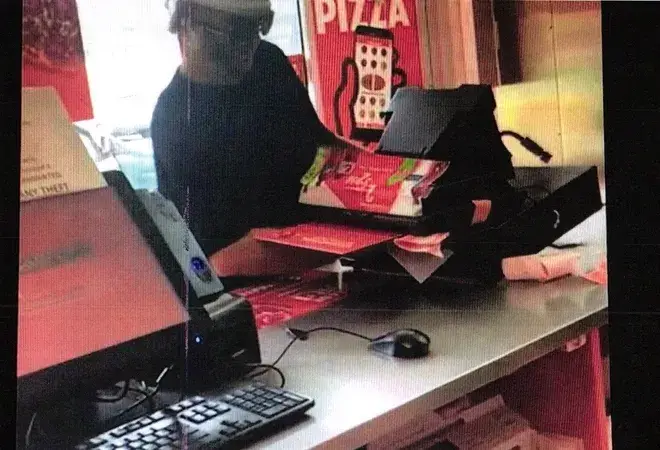
Detectives used a combination of surveillance footage, video captured by an employee’s cellphone, and tips from the public to identify the suspect. Several people came forward with information after recognizing Mannino from the images shared by law enforcement.
Court documents indicate that Mannino has a history of criminal activity and is considered to be struggling with substance dependency. He had previously been convicted in connection with a robbery in Bellmawr.
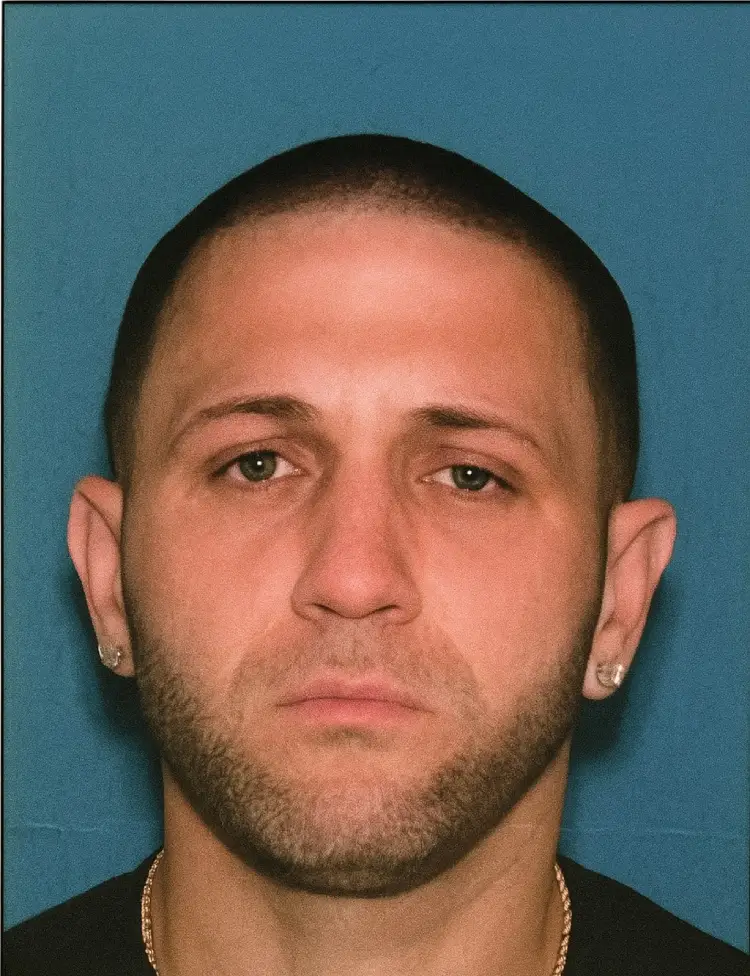
Authorities were able to locate and arrest Mannino on Monday. He is now facing multiple charges, including robbery, unlawful possession of a weapon, and criminal mischief. He remains in custody as the investigation continues.
Interestingly, this marks the second time in just two weeks that a tire iron has been used in a robbery at a restaurant in Camden County. Police have not yet confirmed whether there is any connection between the two incidents, but they continue to look into possible links.
The Pennsauken Police Department thanked members of the public for their assistance in identifying the suspect, and encouraged anyone with further information to come forward.
Little Caesars strikes Domino’s again in the United States
Little Caesars’s strategy
This move is part of a trend in the fast-food industry. Brands launch limited products to keep the public’s interest and offer constant novelties. Little Caesars is no exception and bets on its Pretzel Crust Pizza to stay relevant.
Additionally, the strategy helps create a sense of urgency and exclusivity. Customers feel they must act quickly to enjoy unique flavors that won’t always be available. This can increase foot traffic to the locations and, of course, sales.
The chain also seeks to stand out for its creativity. The Pretzel Crust Pizza not only offers flavor but a different experience. The pretzel texture in the base adds a crunchy and salty contrast that makes each bite memorable.
The reintroduction of this product shows how Little Caesars seeks to innovate and connect with its customers. The urgent message reinforces the idea that the pizza will be available for a short time, encouraging trial and purchase.

